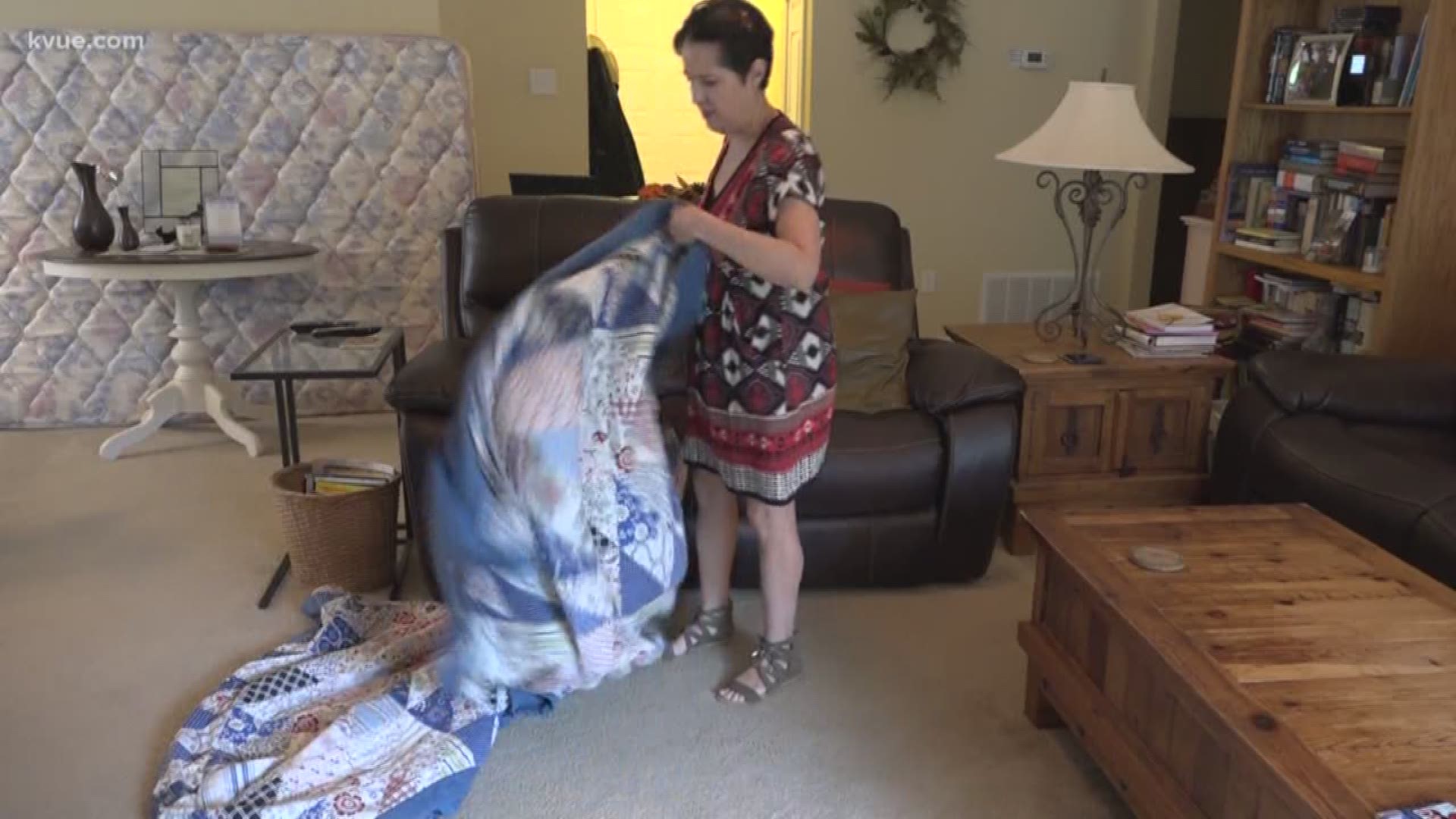AUSTIN — Opioid abuse is a growing risk we've seen many in Austin take seriously and something city leaders are trying to combat. Now there's a new medical program that could be helpful as well.
The National Institute on Drug Abuse says more than 115 people in the United States die every day after overdosing on opioids. St. David's HealthCare acute care facility has created the Enhanced Surgical Recovery (ESR) program that aims to deter a patient's dependence on the potentially dangerous drugs while also getting the patient back on his or her feet much quicker.
St. David's started an ESR pilot program about two years ago in August 2016, and it has now spread to all of the facilities. Dr. Paul Loar is the medical director of the gynecological oncology program at St. David's North Austin Medical Center. He is one of the doctors using this program for his patients.
"It went against what we've been doing as the standard of care for decades in big abdominal surgeries -- which was kind of starving the patients pre-operatively, and then waiting a decent amount of time to readvance diet after surgery in addition to things like lots of narcotics for pain," Loar said. "All these things were considered necessary, and what early surgical recovery really looked like it was. 'Are we really benefiting these patients and are we doing the right thing clinically?' What we found out was that a lot of the things we were doing really weren't necessary and they were doing more harm than good."
St. David's HealthCare doctors that perform all kinds of surgeries from gynecologic oncology procedures to hip replacements are now participating in the ESR program. Along with educating the patients about this new program. It has four key parts: enhanced nutritional supplementation, tighter fluid management, multimodal pain control and early mobilization.
Instead of fasting before surgery, patients are given a carbohydrate solution to drink two hours before surgery. During the surgery, a non-invasive monitor is used to keep the patient properly hydrated. Then afterward, patients are given several different types of medication to reduce the pain but also avoid opiate medications. During the entire process, doctors encourage their patients to move early and often -- getting them out of the hospital much quicker.
"I think there are a lot of reasons to like this program," Dr. Loar said. "Word is spreading not only among the doctors but among the patients too.
Ann Parker is a fourth-grade teacher at St. Francis School in Austin and is also one of Loar's patients. Earlier this year, something unexpected happened on Easter that caused Parker to go to the hospital.
"I was feeling some intense cramps and my husband was out of town, so I felt like I needed to go to the emergency room," Parker said. "They thought it was a ruptured cyst. I went home later that day, but then two and a half weeks later, I had a very similar pain, went to the emergency room again, and that's when they did some more tests."
It was during this second visit that doctors found she had ovarian cancer. This is around the time she was put in contact with Dr. Loar, as he was able to remove the tumor successfully while using the ESR program.
"I was expecting to relax and kind of recover in the bed, but they wanted me walking six times a day," Parker said. "I immediately started walking from the gurney to the hospital room."
Parker said she liked the lack of heavy medication and also getting to the point where she was only using Tylenol for the pain.
"I work out and I like to take as few things as possible. So the idea of not having to take those heavy opioids was great," Parker said. "I was impressed with the whole procedure."
This past week, Parker was able to start lifting 10 pounds again. Her treatment should be complete by the end of September.

